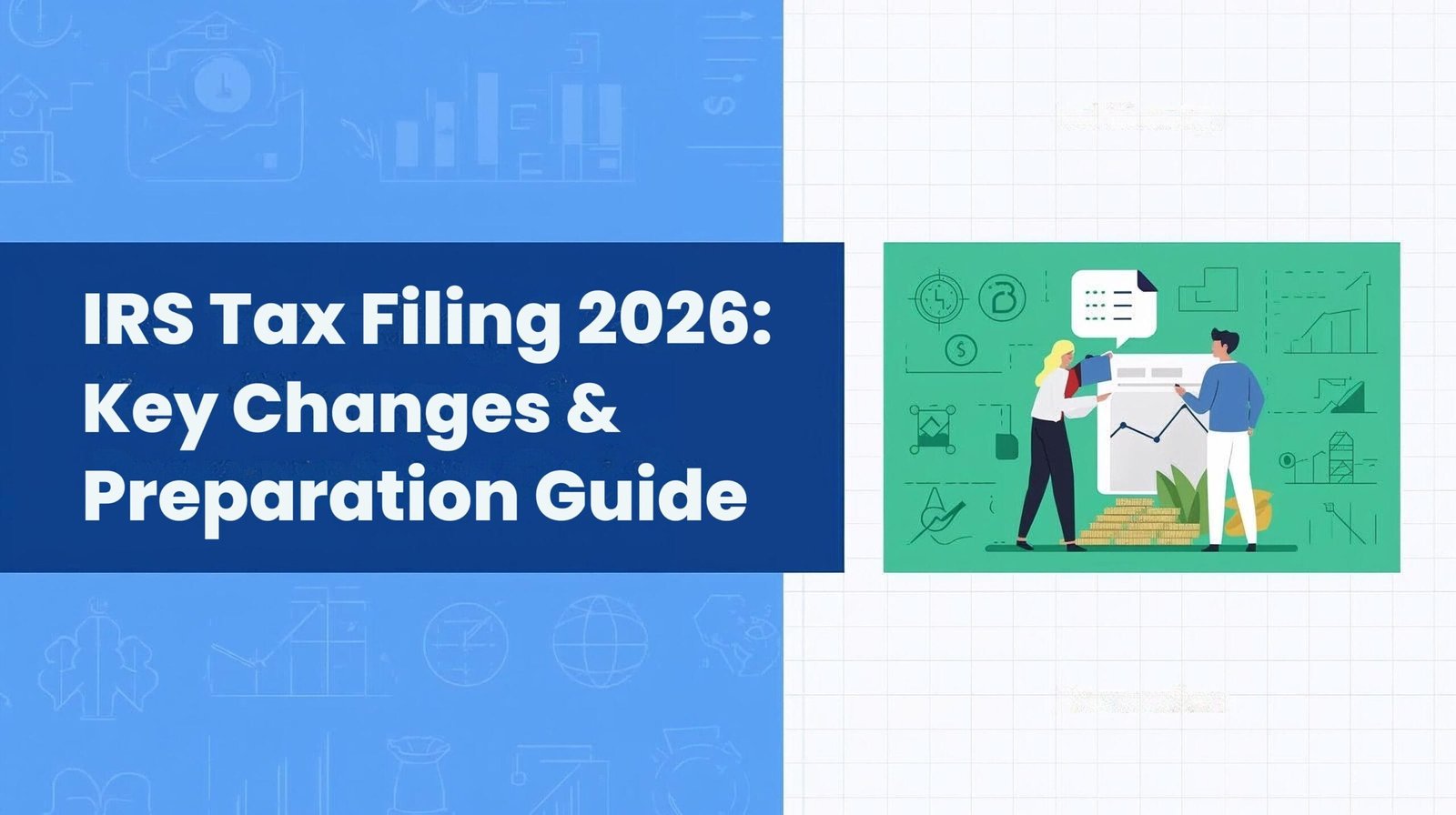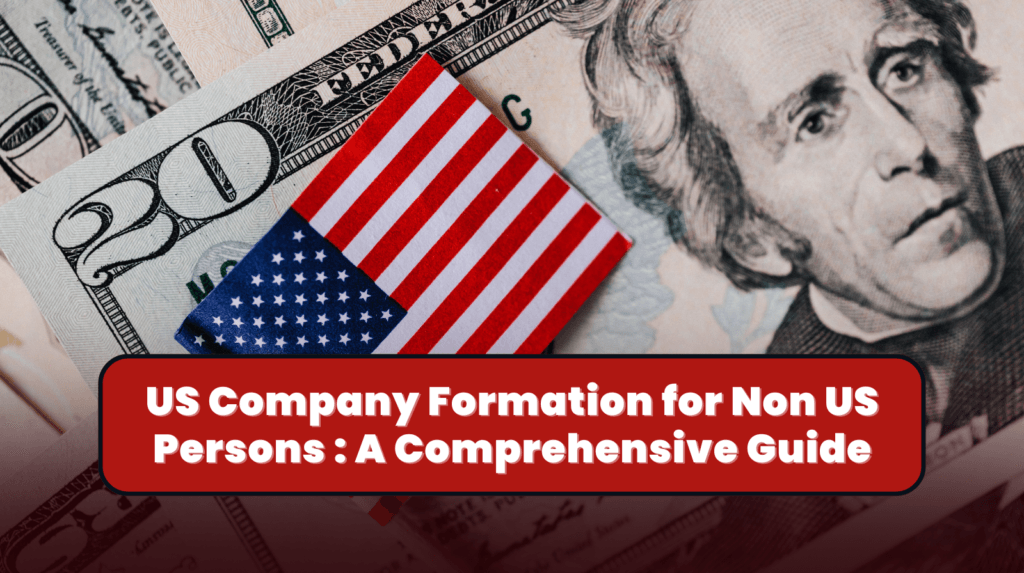
We Make Tax Filing A Breeze
Home » US Company Formation for Non-US Persons: A Comprehensive Guide

The United States represents a global standard for business and innovation. For entrepreneurs and established companies outside the US, incorporating here offers a gateway to global markets, enhanced credibility, and a stable legal framework.
However, the process of US company formation for non-US persons is not the same as it is for residents. It involves distinct steps, compliance requirements, and complex US business taxation rules.
This authoritative guide by TheTaxBooks breaks down everything non-US persons need to know to successfully incorporate their business in America.
Foreign entrepreneurs and businesses are drawn to the US for several compelling reasons:
The most crucial decision for a non-US person is selecting the right corporate structure. The choice typically between a Limited Liability Company (LLC) and a C-Corporation (C-Corp) profoundly affects your tax, compliance, and administrative burdens.
The LLC is popular for its simplicity and flexibility, but for foreign owners, its tax treatment can be complicated.
Feature | Foreign-Owned LLC (Treated as a Disregarded Entity) |
Taxation | Pass-through or Disregarded Entity. If you have no U.S. source income and no U.S. employees/office, you may have no US income tax liability. |
IRS Filing | Mandatory reporting. Even if there is no tax due, you must file Form 5472 and Form 1120 (pro forma) to report foreign ownership and related-party transactions. Penalties for non-filing are substantial ($25,000 minimum). |
Simplicity | Administratively simple, but tax compliance is complex and often misunderstood by non-experts. |
Expert Insight: Many international entrepreneurs choose an LLC thinking it’s simple, only to be surprised by the stringent and heavily penalized Form 5472 filing requirement. This is a critical area where expert assistance is essential.
The C-Corporation is often the cleaner and more manageable option for international businesses, especially those seeking investors or planning for significant growth.
Feature | Foreign-Owned C-Corporation |
Taxation | Entity-level taxation. The corporation pays US corporate tax on its profits (Form 1120). |
IRS Filing | Files Form 1120. Distributions (dividends) to foreign shareholders are often subject to a 30% withholding tax (which can be reduced by tax treaties). |
Simplicity | Clearer US tax compliance. Form 5472 is still required, but the overall income tax structure is more traditional and straightforward. |
Regardless of your chosen entity, the foundational steps for incorporating in the US as a non-resident follow a similar path:
While Delaware, Wyoming, and Nevada are popular for their perceived legal or privacy benefits, the best state for incorporation ultimately depends on your specific business activities and where your physical nexus (employees, office, inventory) is located.
A foreign-owned US company must obtain an Employer Identification Number (EIN) from the IRS. This is your company’s tax ID.
Once incorporated and the EIN is secured, opening a US bank account is vital for all transactions. Requirements vary, but generally include:
TheTaxBooks Assistance: We specialize in providing US Company Formation services, including EIN application assistance and guidance on US bank account opening for non-residents, simplifying these challenging steps for you.
Incorporating is only the first step. The ongoing US Business Taxation and compliance requirements are where most foreign-owned entities face difficulties. Key considerations include:
Failing to meet these complex IRS reporting requirements can result in severe financial penalties and administrative issues.
Establishing a successful US company as a non-resident requires meticulous planning and a deep understanding of unique US tax treaties, compliance deadlines, and the crucial distinction between foreign-owned LLCs and C-Corps.
At TheTaxBooks, led by Principal Consultant Kishore Chennu (MBA, CMA, EA-IRS (US)), we leverage over 15 years of US Tax experience to guide international businesses through every step from entity selection and formation to complex annual tax filings like Form 5472 and franchise tax preparation.
To learn more about how you can reduce your taxes and save money, check out the helpful resources on our blog or contact us today to schedule a consultation.